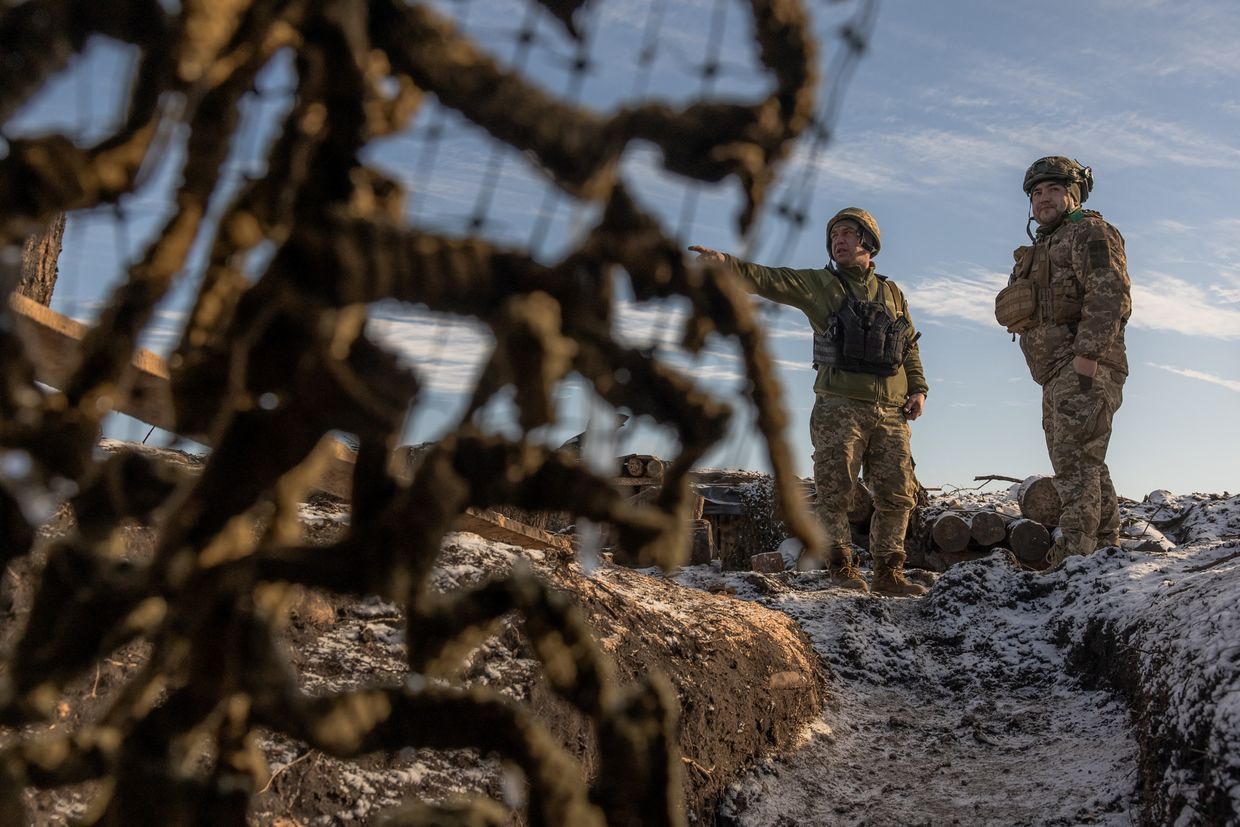Commander: Ukraine to create 10 new brigades to defend Kyiv, other areas

The Ukrainian military aims to form 10 new brigades to defend against further Russian offensives, which could potentially target Kyiv, Oleksandr Pavliuk, Ukraine's Ground Forces commander, said in an interview with The Economist published on May 10.
Pavliuk's statement comes amid the news of Russian troops launching a new offensive in Kharkiv Oblast on May 10.
Russia attempted a breakthrough of the Ukrainian defense lines at around 5 a.m. local time. The attack has been repelled, but the heavy battles are continuing, according to President Volodymyr Zelensky.
According to Pavliuk, the newly created brigades will be partially deployed to protect Ukraine's capital, nearly two and a half years after Russian forces tried to capture Kyiv at the beginning of the full-scale invasion.
During the Russian spring offensive of 2022, Kyiv Oblast was partially occupied, but the Ukrainian forces successfully counterattacked and forced the Russian army to withdraw, preventing further advances toward the capital.
"Defending Kyiv remains one of our main concerns, no matter how tough it is in the east. It is the heart of Ukraine, and we know the key role defense of the capital will play in the future," the general said.
Pavliuk insisted that equipment, not personnel, is currently the primary concern, as Ukraine's need for artillery and armored vehicles is still strong. The commander said he hopes that the West would provide these supplies.

The general also noted that the Russian threat is completely different now compared to the start of the war. Russian troops can no longer execute sweeping raids on multiple fronts, he said.
"It (Russia) is using missiles fresh off the factory line, mere weeks after production, rather than from its once vast stockpiles. Ukraine's Armed Forces are also much larger than they were," The Economist's article read.
The Ground Forces commander commented on Ukraine's efforts to ramp up mobilization, saying that every official must show leadership on such unpopular issues.
Pavliuk admitted panic among some of the citizens as well but called it "natural." The commander stressed that people must overcome it and respond to the call to fight if "the country wants to survive."
In early April, Zelensky approved laws to lower the minimum age of compulsory military service from 27 to 25, allowing younger men to be mobilized, and to create an online register for conscripts.
The president also signed an updated mobilization bill on April 16, one of the key points of which is the right of disabled soldiers and those who have returned from captivity to be discharged.











